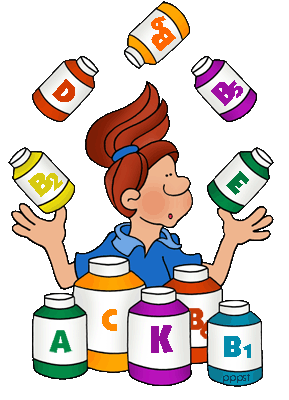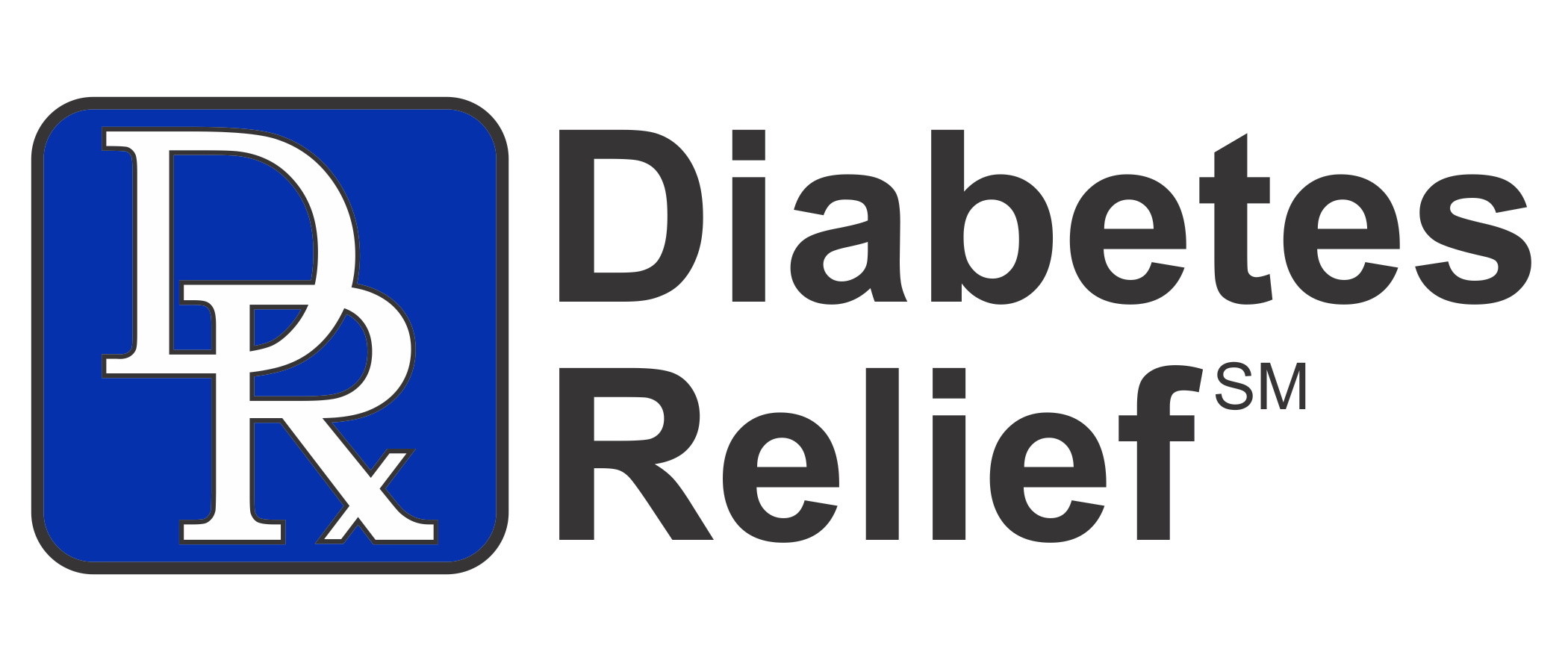
A 2006 study of 70 healthy athletes, published in the Journal of the International Society of Sports Nutrition, found that food alone doesn’t get the body all the nutrients it body needs, and all of them were deficient in at least three critical items. If top athletes are nutrient deficient, what about the rest of us?
The 7 Most Common Nutrient Deficiencies Worldwide
#1 – Iron. Per the World Health Organization (WHO), iron deficiency is most prominent and the number one cause of anemia in women and children. Iron is a necessary component of hemoglobin in blood, which transports oxygen from the lungs via the circulatory system. But studies have shown that too much iron may raise your risk of cancer and heart disease. A serum ferritin test is available, and recommended safe levels are between 40 and 60 ng/ml.
#2 – Vitamin E: The USDA reported in 2009 that 86% of the American population does not meet the U.S. RDA .Vitamin E is found in many foods (e.g., avocados, broccoli, almonds). In the body, it acts as a powerful antioxidant and immune system booster. Vitamin E also helps cells to communicate with one another.
#3 – Vitamin A. Vitamin A is essential for healthy skin, teeth, bones, and vision. It also helps to maintain the integrity of cellular membranes. Beta-Carotene, the “pre-vitamin” for Vitamin A, comes from fruits, vegetables, and quality multivitamins. To convert from beta-Carotene to Retinol (the absorbable form of vitamin A), a person needs a strong digestive tract and a healthy gallbladder. The WHO tells us that vitamin A deficiency is the leading cause of blindness in children worldwide.
#4 – Vitamin D. The American Association for Cancer Research’s 2008 studies examined the link between vitamin D levels in the blood and breast cancer risk and found that sufficient levels of Vitamin D led to a 80% reduction in breast cancer. Vitamin D is more of a hormone than a vitamin and is connected to the absorption of vitamins A and K, and calcium. The current worldwide epidemic of vitamin D deficiency is caused in part by our modern work and lifestyle choices that leave little time for outdoor sunshine.
#5 – Magnesium. Many published articles enlighten us about the importance of magnesium and that most of us are deficient. Magnesium is responsible for nerve and muscle function, genetic synthesis, energy production and balancing, absorption of other key nutrients like vitamin C and iodine, hormonal health, quality sleep, protection from heavy metals like mercury and aluminum. Magnesium deficiency has been linked to higher risk of cancer as well as cognitive breakdown and heart disease.
#6 – Vitamin C. It’s a necessary nutrient for immune system health and is needed for the absorption of iron from food. It’s also a powerful antioxidant that helps in the formation of collagen and wound healing. A 2004 report by the American Centers for Disease Control stated that vitamin C “may be the most important water-soluble antioxidant in human plasma” and that 13% of Americans are notably deficient. Vitamin C must come from either food or supplementation; the body does not create vitamin C.
#7 – Vitamin B12. All 8 B vitamins influence nearly every mechanism in the body, and B12 is especially important for the nervous system and brain health. Researchers at Tufts University found that about 40% of adults have B12 levels below the normal range. Deficiency can lead to depression and other mental disorders, loss of senses like taste and smell, cognitive decline, anemia, neuropathy in the hands and feet, and cardiovascular issues. Deficiencies in B1, B2, and B6 are also quite common.
Why Are We So Deficient in Key Nutrients?
You may think that since you eat a healthy diet, you need not worry. This may not be true. Even those who eat healthy, organic food every day may still have nutrient deficiencies. Poor soil, contaminants in the air and water, and a genetically modified food supply reduce the nutrients in most produce. A 2004 report by the University of Texas concerning the nutritional value of 40 common fruits and vegetables grown in the U.S. between 1950 and 1999 showed that all of the foods had “reliable declines” in key nutrients, including calcium, iron, vitamin C, and B vitamins.
Another reason is malabsorption of nutrients within the body itself. Even if you consume great quantities of key essential nutrients, your body may not be able to absorb them properly to put them to work in your body. Common causes of nutrient malabsorption are: genetic dispositions/environmental triggers, issues with methylation and detoxification pathways, imbalances within the digestive tract, or a combination of these and other factors, all of which are influenced by one thing: lifestyle. Diet, stress level, exercise level, hydration levels, and the quality of any supplements you are taking all play a part in malabsorption.
Finally, gut imbalances largely caused by eating a Standard American Diet are probably the most common reason for nutrient malabsorption occurs.
Signs You May Have a Nutrient Deficiency
Sometimes you can determine if you have a dietary deficiency by watching for signs in your own body. Dr. David Jockers and other experts say these symptoms may be “red flags” for nutritional deficiencies: hair loss, discoloration or ridges on nails, dark circles under the eyes, skin rash or acne that persists, periodontal disease, sores on the mouth, tingling or other sensations in the extremities, brain fog and other cognitive dysfunction (e.g., memory loss), loss of sexual drive/ libido, depression and/or lethargy, and ongoing fatigue.
